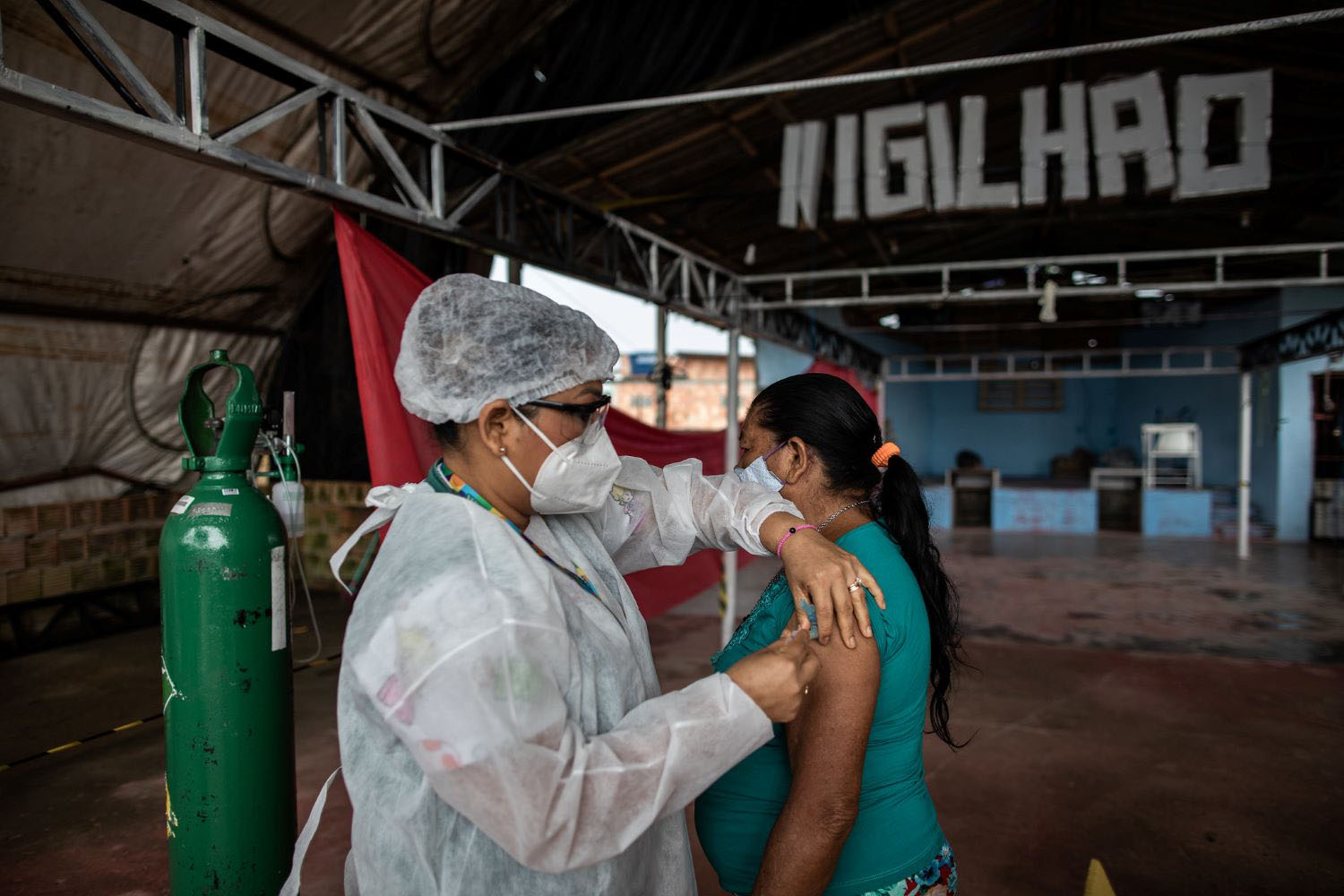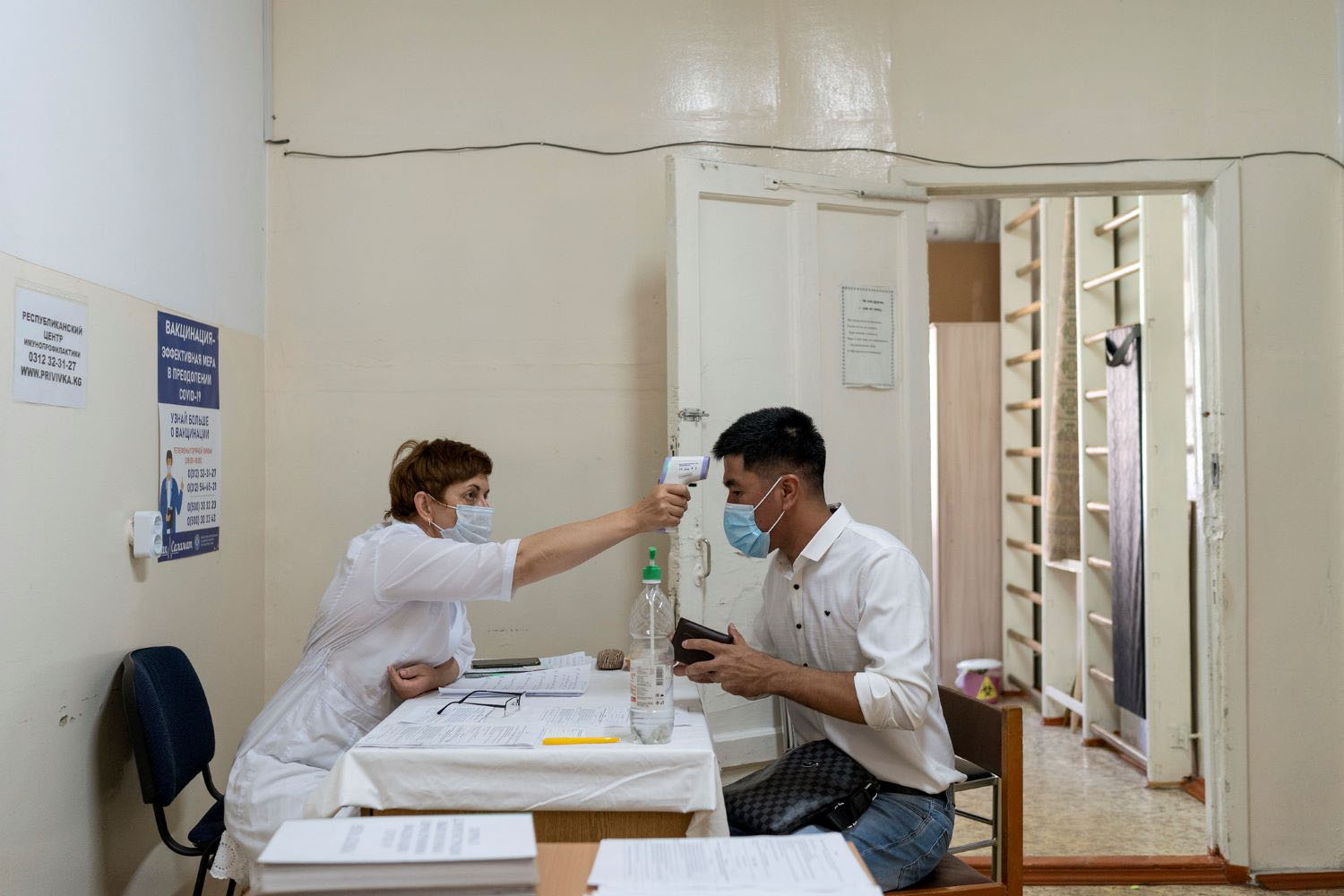Readers of this recent LA Times article were treated to a series of heart rending stories -- which taken together suggest serious program design flaws in, mainly Gates-funded, health programs in poor countries. The article is long, and raises many issues. I think it's worth examining some of them a bit more deeply.One important point that came through is the growing concern that massive disease programs, especially HIV/AIDS, are quite likely undermining poor countries' health systems' ability to respond to other health problems. This problem is rightly drawing increased attention among global health funders, including Gates. Throughout the article, though, the Gates Foundation is singled out and taken to task for low levels and stagnant indicators of "societal health." A reader might mistakenly get the impression that Gates programs are the major determinant of health systems performance and outcomes in these countries. Anyone with passing familiarity with health systems in Africa could tell you that, like health systems everywhere, local policy decisions and actions have far more influence than any donor, or even all donors taken together. But the authors go further. They imply that the disease programs are failures simply because they haven't improved countries' ability to save people from other illnesses. This framing of the problem belies the basic reality of poor country health systems (indeed all health systems): resource scarcity. Since neither Gates nor anyone else can fund everything, they have to choose among the many things they could fund. It may well be that Gates could get more "value for their money" by reallocating their funds from AIDS treatment, to say, treatment of diarrheal disease or respiratory illness. But the article doesn’t acknowledge the need for trade-offs, but rather implies that if you do one thing (in this case, AIDS treatment), you should do everything. This is not a useful foundation for figuring out how to do better health development assistance.Sprinkled throughout the article are some important points -- the disease focus of development assistance in health is problematic, and increasing. And most of the time, that's a bad thing (my colleague, Ruth Levine, pointed out an important exception in a recent post that vertical delivery of some interventions, such as vaccination, has proven very successful). But Gates is no more, or less, guilty than the rest of the global health funders like USAID, the World Bank, DFID and others.There are many implied "easy solutions" in the article, including: promoting access to primary care interventions by adding to immunization campaigns; relying on international NGOs to run local healthcare systems as a sustainable solution; increasing salaries across the board of public sector health workers to improve productivity and quality; and constraining health worker hiring by donor-funded projects to reduce "brain drain" from government clinics. Unfortunately, these proposed ideas are not grounded in evidence, and are just as likely - if not more so - to generate their own tradeoffs and unintended consequences. So while our thanks should go to the LA times for generating some "heat," and getting us all talking about these important issues -- hopefully more "light" will emerge in time.
CGD blog posts reflect the views of the authors, drawing on prior research and experience in their areas of expertise.
CGD is a nonpartisan, independent organization and does not take institutional positions.





